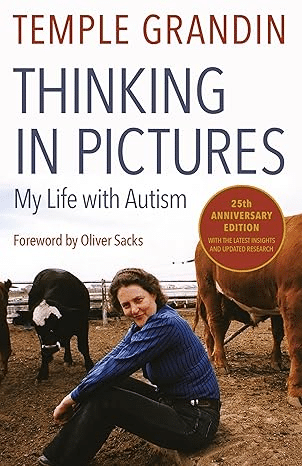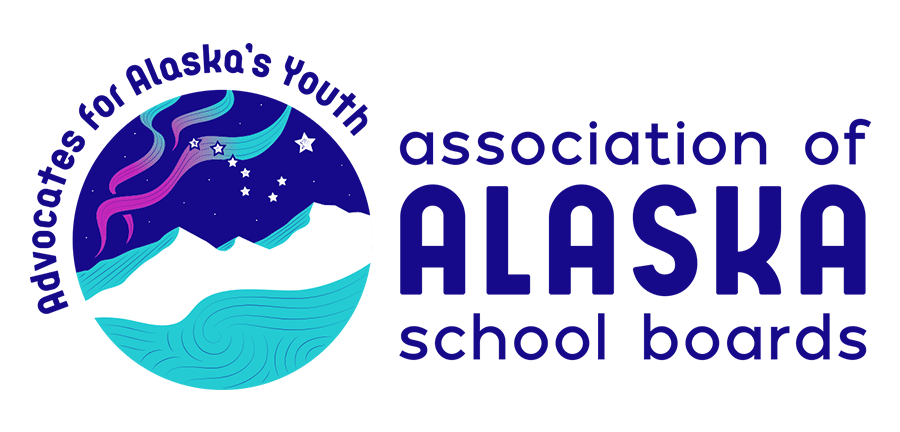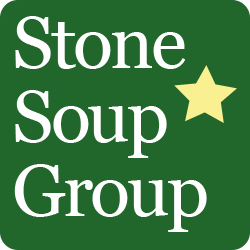- This event has passed.
Stone Soup Group Parent Conference 2025
March 19 – March 21
Growing Connections
& Cultivating Communities
Dates/Times:
Wednesday 3-19-2025 @ 2:30pm – 6:45pm
Thursday 3-20-2025 @ 9:00am – 4:30pm
Friday 3-21-2025 @ 8:30am – 1:45pm
BP Energy Center
1014 Energy Court Anchorage, AK 99508
*Conference Attendance is in-person only
*Child care is not available
*Parent Conference Registration is now CLOSED*

March 19th, 2025 – Wednesday – Day 1
2:30pm – 6:45pm
Click here to Learn more about Bianca Pagel-Miller
“Hi, I’m Bianca” My journey with autism including my ups & downs … community support … building a village … my family, education etc … Sharing myself with others.
Snapshot Presentations:
Handy Tech Tools: Learn about how to use practical tools for things like home accommodations, homework help, and more.
Anna Zierfuss, Parent Navigator & MAP Program Coordinator and Marcus Douglas, Data & Systems Manager
Assistive Technology: Have you Considered it? Assistive technology (AT) is any device, tool, software, or strategy that can help someone be more independent. Join ATLA, non-profit that helps Alaskans access and acquire AT, for hands-on exploration of AT examples.
Kate Yenik, MPA. Program Manager and AT Specialist
The Anchorage School District (ASD) highlights the importance of collaboration in supporting the developmental milestones of students with intellectual disabilities (ages 3–21). ASD outlines key transition stages, available resources, and success stories from families within the district. ASD’s partnerships with local agencies and inclusive education initiatives encourage families and community members to engage with the support systems in place.
Anne Paolucci, Assistant Director of Special Education Instruction, Joy Bartko, ACT Program Principal, LuEmma Rowland, Assistant Director of Early Learning
Southcentral Foundation Family Health Resources provides support to families by assisting them with applications and enrollment for various programs such as Medicaid, SNAP, Medicare, and the Tribally Sponsored Health Insurance Program (TSHIP). Family Health Resources offers personalized guidance to ensure families understand their eligibility and benefits, helping them navigate the complexities of these essential services. This support helps families access necessary healthcare, food assistance, and other vital resources, enhancing their overall well-being and security.
Austin Johnson, Manager of Outreach and Enrollment
The Alaska Department of Health (DOH) recognizes that schools play a vital role in connecting children to essential health services, but gaps in access remain. DOH is working to make it easier for schools to bill Medicaid for certain services to better support students’ and schools’ needs. We would love to hear from parents about their experiences navigating health services in schools.
Leah Van Kirk – Deputy Director, Alaska Department of Health, Betsy Wood – Associate Director, Alaska Department of Health, Dana Loutey – Senior Policy Advisor, Alaska Department of Health
A variety of resources available through Women’s, Children’s, and Family Health (WCFH) will be discussed. This includes tools for adolescent healthcare transition that teach adolescents how to manage their healthcare needs. Information on parents and caregivers attending the Family ECHO where a variety of topics are discussed that focus on physical and mental health and wellness including relationships, data, and sexual health, and advocacy including with providers, schools, and legislative process. While the Family Engagement Leadership Training (FELT) offers parents and caregivers a learning opportunity to develop advocacy and leadership skills to engage systems of care. Information about how to sign up will be available.
Joanne Singleton, Program Manager at Women’s, Children’s, and Family Health, State of Alaska, Department of Health, Division of Public Health.
March 20th, 2025 – Thursday – Day 2
9:00am – 4:30pm
Dr. Temple Grandin (pre-recorded interview) will share the powerful resource for raising awareness about autism, illustrating the importance of community, and offering hope for others facing similar experiences.
Click here to learn more about Dr. Temple Grandin
Enjoy a special token from Stone Soup Group, a free copy of Dr. Temple Grandin’s book!

Originally published in 1995 as an unprecedented look at autism, Grandin writes from the dual perspectives of a scientist and an autistic person to give a report from “the country of autism.” Introducing a groundbreaking model which analyzes people based on their patterns of thought, Grandin “charts the differences between her life and the lives of those who think in words” (The Philadelphia Inquirer).
For the new edition, Grandin has written a new afterword addressing recent developments in the study of autism, including new diagnostic criteria, advancements in genetic research, updated tips, insights into working with children and young people with autism, and more.
Click here to learn more about Haley Moss
The Language of Disability and the Inclusion Revolution
Stereotypes, stigmas, and notions of ableism make disability a sensitive topic to discuss among ourselves, with families, and with disabled people. Nuances in the language surrounding disabilities make the discussion even more difficult for non-disabled friends, colleagues, and community members to join. Too often, those best equipped to teach the language of disability — people with disabilities themselves — are silenced and unheard, rather than empowered to lead the conversation on disability inclusion in society. As part of this session, the audience is invited to join the ‘Inclusion Revolution’ to build a bridge between people with and without disabilities by facilitating effective, real conversation in a meaningful and productive way. Attendees will enjoy a candid, no fluff conversation about disability, allyship, and removal of barriers to access from the personal perspective.
Join Lisa Worl from the Association of Alaska School Boards (AASB) for an informative session on the significance of supporting your child’s education through advocacy. During this session you will learn some tips and tools for navigating the school system, preparing for discussion with school staff, and a brief primer on providing testimony.
Click here to learn more about Lisa Worl
Cheri Scott is the parent of 3 adult children and 4 grandchildren, several of whom live with physical, developmental or emotional differences. Her experiences seeking medical assistance and support for her children led her to become involved with the creation of the Stone Soup Group. Her search for balance in her work and home life led her to becoming a Master Gardener as part of her self-care.
Cheri will share some of the things she has learned along the way as she continues to nurture her family and garden and herself.
Rooted Relationships: Cultivating Behavior that Builds Community: Ali Pike, BCBA, and Kelly Hild, BCBA
Do you feel overwhelmed with coordinating your individual’s team or services? Do you ever feel like not everyone is on the same page? In this session, we will explore ways to increase communication and build a cohesive treatment team. This presentation will also include a make-and-take component so that you can hit the ground running with your new skill set.
Click here to learn more about Ali Pike
Click here to learn more about Kelly Hild
March 21st, 2025 – Friday – Day 3
8:30am – 1:45pm
Talking and Learning Circles:
Click here to learn more about Haley Moss
Often when we think of advocacy, we think of effecting policy change or work that our lawmakers do. However, self-advocacy for people on the autism spectrum is an entirely different ball game and covers a lot of ground – it can be effective communication in personal, educational, and professional settings. It could be as simple as saying yes or no, or as complicated as standing up for your rights, or creating change. Furthermore, advocacy skills can be used to create positive changes for autistic individuals, their families, friends, allies, and their communities. This session aims to bust advocacy myths, encourage self-advocacy, teach self-advocacy skills and strategies, and inform all communities about larger goals and issues being tackled that self-advocacy skills could be valuably applied to.
Click here to learn more about Rami Pagel-Miller
Click here to learn more about Bianca Pagel-Miller
“I want to share my stories and experiences with you and hear yours as we discuss our children’s lives after they turn 18 years old. I realize you might not be there yet, but it happens fast, and there’s much to learn, plan for, and discuss, so let’s connect and start the conversation together. You are not alone.”
Click here to learn more about Gina Bastian
Click here to learn more about Bridger Reed-Lewis
Are you curious about finding a job, but now sure what steps to take? Let’s explore the world of work and the process for Vocational Rehabilitation services.
Click here to learn more about Joanne Singleton
Adolescence is a time of transition, when young adults need support, guidance, and time to gain knowledge and develop decision-making skills for adulthood. Part of this process includes learning skills and using tools that will help them plan for and make healthcare decisions, as well as how to access medical care and to practice self-management skills for making healthy living choices. There will also be an opportunity to discuss the role parents, guardians, and caregivers play in supporting adolescents with the development of knowledge and skill as they assume more responsibility for their own care. The process for offering a coordinated healthcare transition process, while acknowledging challenges that make it difficult for some adolescents, parents, and medical providers to access or offer transition services and education will also be discussed.
Thank you to our 2025 Parent Conference Sponsors!




